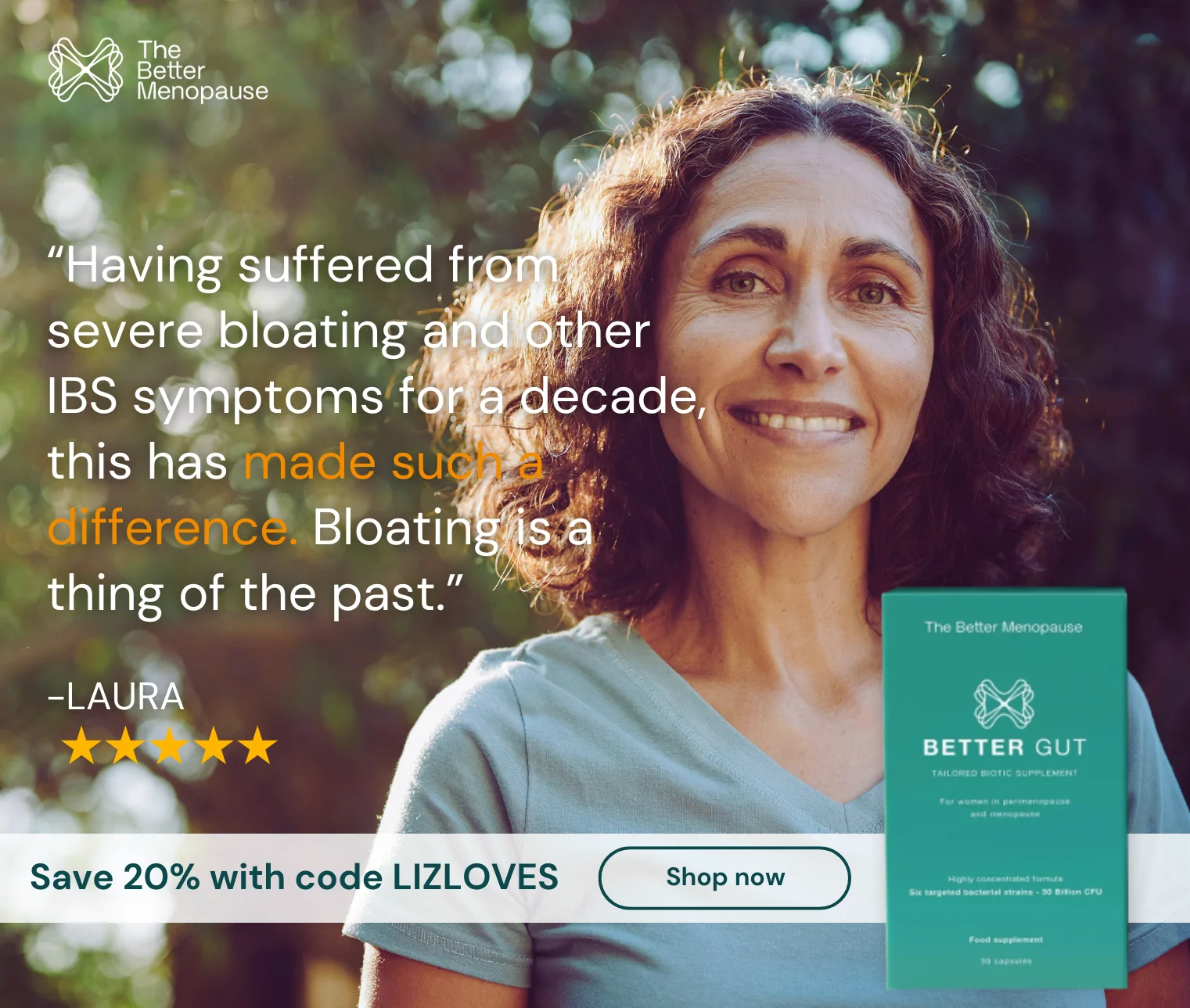Health
6 risk factors for high blood pressure and what to do about it
The lifestyle choices we make and different health conditions can all increase our risk of high blood pressure. According to the NHS, around one in three people in the UK struggle with this health condition.
Known medically as hypertension, high blood pressure can make us more likely to suffer from more serious health problems, such as strokes, heart disease and heart attacks. This means it’s important to get things under control where possible.
While the causes aren’t always clear, there are a number of risk factors that can make us more likely to suffer from it. We take a look at some of these risk factors, and explore what you can do about it.
If you have any concerns, always speak to a healthcare professional. You can have your blood pressure checked by your doctor, who will tell you your reading and what it means. You can also purchase blood pressure monitors to help you keep a record at home.
6 risk factors for high blood pressure
Drinking too much alcohol
 Regularly imbibing is believed to increase your risk of hypertension. Drinking alcohol temporarily raises your blood pressure, but regular binge boozing is believed to increase your risk in the long term.
Regularly imbibing is believed to increase your risk of hypertension. Drinking alcohol temporarily raises your blood pressure, but regular binge boozing is believed to increase your risk in the long term.
Swapping alcohol for lower-sugar, non-alcoholic beverages can help to reduce your risk. But if you would still like to drink, be mindful of how much alcohol you consume, and stay within your limits.
As a helpful rule of thumb, the NHS says women and men shouldn’t consume more than 14 units of alcohol a week. This is the equivalent of six medium-sized glasses of wine.
Being overweight
A healthy weight can be key in helping to maintain a healthy blood pressure. Obesity is one of the biggest causes of hypertension as your heart has to work harder to pump blood around your body. As your body weight increases, blood pressure can too.
Obesity also puts you at greater risk of other health issues, such as diabetes and heart disease.
Exercising regularly and eating a healthy diet can help you to maintain a healthy weight. Here at Liz Earle Wellbeing, we’ve regularly spoken about the benefits of eating a diet that’s high in protein and good fats, and lower in carbs to maintain a healthy weight.
Eating a diet that’s high in salt
According to Blood Pressure UK, eating too much salt can put us at risk as too much sodium (salt) in your diet can cause your body to retain fluid, which may increase blood pressure. Adults should aim to eat less than 6g of salt a day, according to NHS guidelines.
However, the relationship between salt and high blood pressure is debated by some functional medicine practitioners. Dr. James DiNicolantonio, author of The Salt Fix, says salt isn’t a leading culprit of high blood pressure. Instead he suggests that some of us may not be eating enough salt, putting us at risk of health conditions such as brittle bones and memory loss.
How much salt we need in our diet all depends on our lifestyle – from the foods we eat, to the daily exercise we take. If you have any concerns about how much salt you should be eating, chat to your GP or a registered nutritionist.
Lack of sleep
 Good quality sleep is imperative to our overall wellbeing, and many studies have highlighted that people who have trouble sleeping or don’t get enough sleep every night are at greater risk of high blood pressure. This appears to be more so in women than in men, and during middle-age.
Good quality sleep is imperative to our overall wellbeing, and many studies have highlighted that people who have trouble sleeping or don’t get enough sleep every night are at greater risk of high blood pressure. This appears to be more so in women than in men, and during middle-age.
Prioritising good quality sleep can help to lower your risk. Creating a bedtime ritual can help – for example removing screens from the bedroom and putting electronics down an hour before bedtime. Eye masks, ear plugs and blackout blinds can all help you to sleep through the night, too. Read our guide to creating the best sleep environment here.
Smoking
Not only does smoking increase your risk of cancer, but it also increases the risk of hypertension. Each cigarette you smoke causes a temporary rise in blood pressure. It can also affect your health in the long run.
Smoking damages the walls of your blood vessels, often leading to atherosclerosis. This is where fat clogs up your arteries, putting further pressure on your heart.
One of the best things you can do for your health is to quit smoking.
Health conditions
Not all cases of high blood pressure are linked to our lifestyle choices, as it’s sometimes out of our control. This is known as secondary hypertension.
Conditions that may cause high blood pressure include underactive and overactive thyroid glands, diabetes, kidney disease and lupus. Treating these conditions with medication may help to bring your blood pressure down to a normal level.
Certain medications, such as the contraceptive pill, may also increase your risk, as can having other people in your family with the condition.





